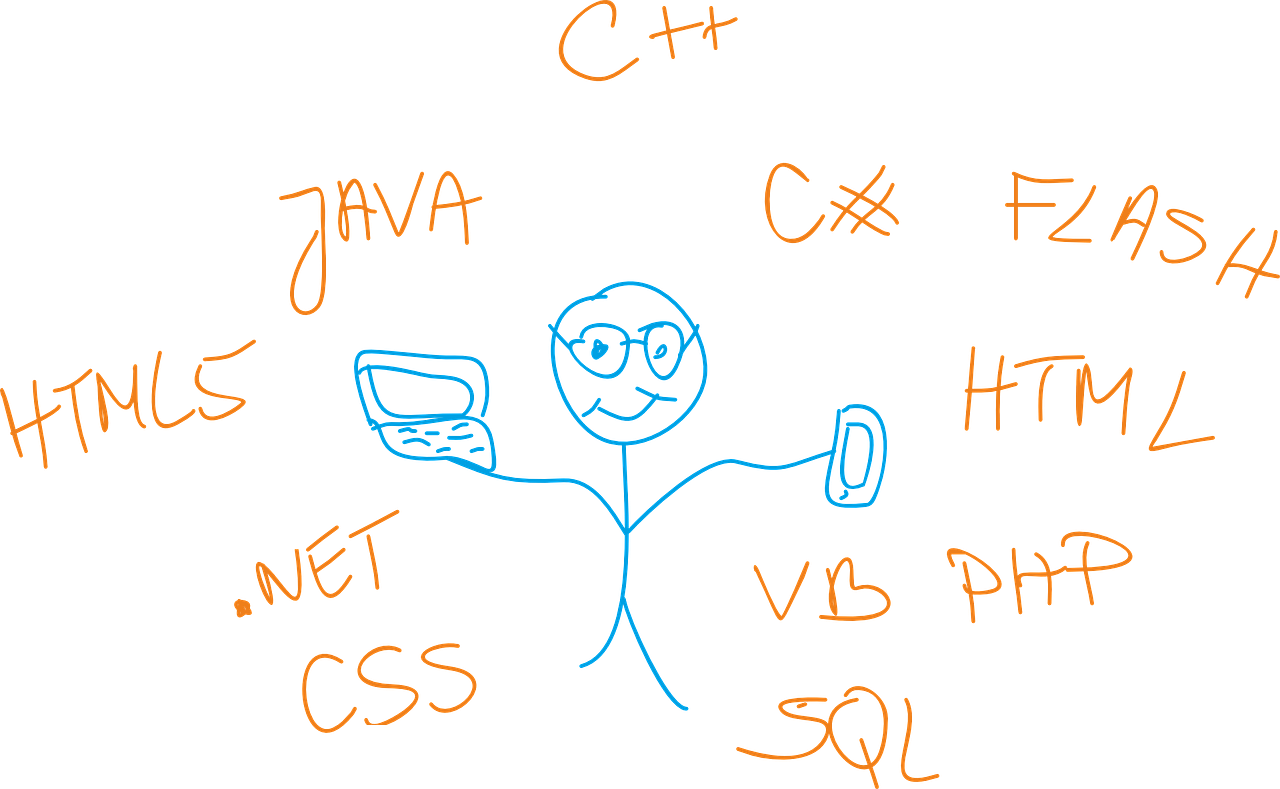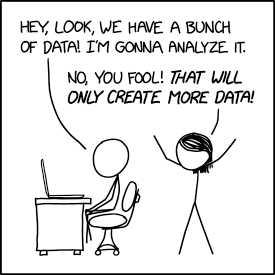Category Archives: Community
Dear users of MySQL 5.7 (or 8.0)!
Are you interested in getting help migrating to MariaDB 10.6 or 10.11, the latest long-term support releases? Are you coming to Brussels for FOSDEM in February? Do you have an open attitude, not minding to show a bit of dirty laundry in front of other users?
Then you may be a perfect candidate for our MariaDB Migration Workshop at our pre-FOSDEM event on Friday 2 Feb 2024. The workshop will be led by none other than the father of both MySQL Server and MariaDB Server, namely Michael “Monty” Widenius.
…
We are in October, which means it has been 4 months since the last metrics report. It is, therefore, time for another quarterly metrics report (plus a bit more). The extra month was to allow for an announcement which is a prerequisite for this post, and it also means we are more or less aligned to real quarters. The major changes to this will come in the second half of this post, we have lots of additional data for pull requests. With that, let’s get started.
(more…) …
Continue reading “MariaDB Contribution Statistics, October 2023”
“The only workload that matters is my production workload” (for all values of “my”). So you can manage this responsibility, SCARY is a software tool which aims to take the uncertainty out of change; software, configuration and hardware changes. This is very early in development, but projects have to start somewhere.
SCARY takes a read view of the production database query execution, and does the equivalent query on a copy of the production database, that has differences. The query speed, query plan, data result (eventually) will be recorded along with what went on in production.
…
MariaDB Foundation polls are an informal way to get feedback from our community. They’ve always been a bit hidden, but the most recent poll sat on the mariadb.org front page for a while, and got a healthy 5,225 votes.
It asked “What programming languages do your applications that communicate with MariaDB use?”, and here are the results:
| Python | 30% |
| PHP | 30% |
| Java | 19% |
| NodeJS | 16% |
| C# | 15% |
| C/C++ | 11% |
| Bash/Shell/Powershell | 7% |
| Other | 7% |
| TypeScript | 6% |
| Go | 6% |
| Rust | 4% |
| R | 3% |
| Ruby | 2% |
How do we use these results?
…
MariaDB Foundation is having its next planning session for the MariaDB Server Roadmap at our MariaDB Unconference Tue-Wed 3-4 October 2023.
All key contributors will be there
This will be a top-level meeting with representatives of all key contributors to MariaDB Server. From MariaDB plc, we will have CTO Jonah Harris and VP Server Engineering Sergei Golubchik representing management and resource allocation. But MariaDB Server is not a one-vendor product. We expect similar level representation from our second-biggest contributor, Amazon, and we also have confirmed roadmap attendance by Webpros, Alibaba, IBM, Intel, and others.
…
Continue reading “Join us in planning the MariaDB Server Roadmap”
The introduction of the StatefulSet resource was a game changer when it comes to run stateful workloads in Kubernetes, introducing a wide range of features, including:
- Predictable DNS names for each Pod, allowing one to individually address them in the network.
- Stable persistent storage for each Pod, ensuring that each of them is bound to the same PersistentVolumeClaim.
- Ordered graceful deployments and automated rolling updates.
However, this isn’t quite enough for running databases in Kubernetes in a reliable way. We are missing day 1 and day 2 operations, such as configuring high availability and scheduling backups, which is something not managed by vanilla Kubernetes.
…
Continue reading “Run and operate MariaDB in Kubernetes with mariadb-operator”
There was a recent request by Eric Herman, the Chairperson of the MariaDB Foundation board, to add the time to first meaningful response for pull requests to the quarterly contributor metrics I generate and blog about. I thought this was a really good idea. There are a few problems with this, the first being the definition of “meaningful response”.
Meaningful Response
A “meaningful response” would likely be a response that adds value and shows that the pull request is being reviewed. The most accurate way to do this would be to manually record this using a set of criteria that defines what kind of responses are meaningful.
…
We are well into 2023 now, the time has really flown. There have already been two major versions of MariaDB Server that have reach GA, and with those, many new contributions. As with each quarterly metrics release, the raw data is available in our metrics repo, along with the scripts and configurations to generate it yourself.
Project Tracking
We are tracking multiple MariaDB related projects at the moment, many of which are pulled in when you build MariaDB Server. These include:
- MariaDB Server – the server itself
- libmarias3 – an open source library to talk to Amazon S3 and related block storage services.
…
Continue reading “MariaDB Contribution Statistics, June 2023”






